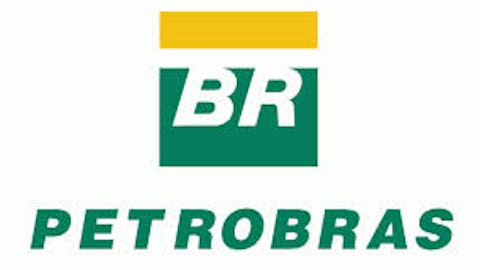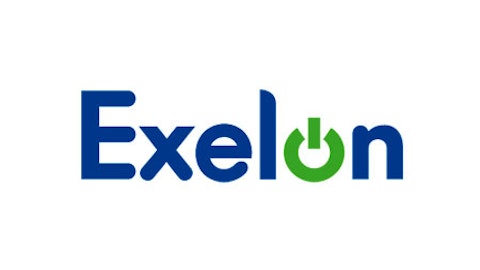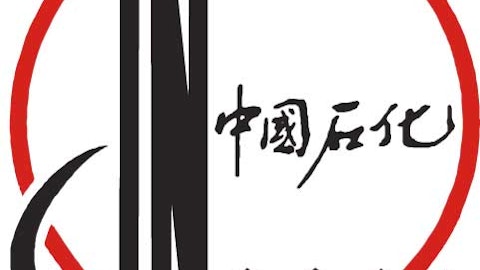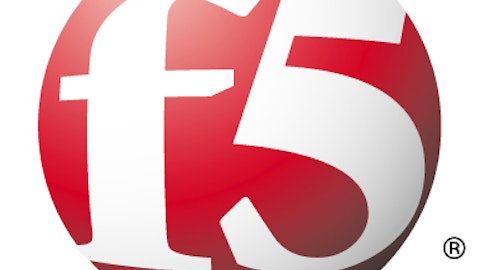The risk of governments meddling in the affairs of foreign-based oil companies is an important consideration. Harmful policies can quickly turn a highly profitable circumstance into a difficult, less lucrative operating environment. The recent deterioration of Petroleo Brasileiro Petrobras SA (ADR) (NYSE:PBR) is a telling example.
Petroleo Brasileiro Petrobras SA (ADR) (NYSE:PBR) is a Brazilian firm engaged in oil exploration, production, refining, and marketing. The company’s most appealing assets are its large oil and gas reserves. It has over 16 billion proven barrels of oil equivalent (BOE) mostly off the Brazilian coast. The company is also the major producer of fuel for Brazil’s growing economy.
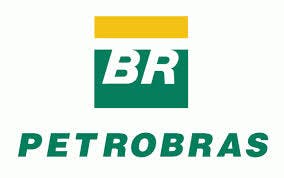
The main reason for this terrible performance has been government intrusion. The Brazilian government owns over 50% of Petroleo Brasileiro Petrobras SA (ADR) (NYSE:PBR) and its influence has hampered operations. One example is the insistence that a substantial portion of necessary drilling equipment be Brazilian made. As the country’s suppliers are without the capacity to produce what’s needed, this edict has forced the company to endure unexpected delays, reduced oil production and increased cost.
Governmental legislation has hurt profitability even more. The country’s politicians mandate low retail fuel prices for societal reasons. Because Petrobras’ selling price is much lower than the price it has to pay to produce the fuel; the company loses money in its refining business. These losses totaled about $5.3 billion in 2011, with the deficit jumping to $12.6 billion in 2012.
Valuing a company, basically multiplying expected average cash earnings by a discounting capitalization factor, in such a situation is very difficult. If Petroleo Brasileiro Petrobras SA (ADR) (NYSE:PBR) was an American firm, with the same superb oil & gas reserves and refining market share, it would probably deserve a higher capitalization multiple than the 8x industry average.
A 10x multiple might be reasonable given the company’s potential but with its history of government intervention, that would need to be reduced. For example, if one assumes a less restrictive government agenda, the company’s fair value looks to be around $17 a share based on earnings of $12.2 billion with a 9x multiple. But a more intrusive scenario results in earnings of $10 billion and an 8x multiple which drops the estimated reasonable business value closer to $10 per share.
Petrobras’ predicament is not unique. China Petroleum & Chemical Corp (ADR) (NYSE:SNP), otherwise known as Sinopec Shanghai Petrochemical Co. (ADR) (NYSE:SHI), faces many of the same issues. Sinopec engages in oil exploration, but its main business is refining. It is the largest refiner in Asia by annual volume and makes 60% more product per year than its nearest Chinese rival.
Sinopec is also hurt by government control over refined product pricing. The company’s adjusted earnings fell roughly 22% in the first half of 2012 mainly due to fuel subsidy policies. Sinopec also faces increasing costs due to a recent government dictate: Chinese energy firms are now expected to help solve the country’s massive pollution problem and Sinopec said it will need to spend about $4.8 billion a year to produce cleaner fuel.

